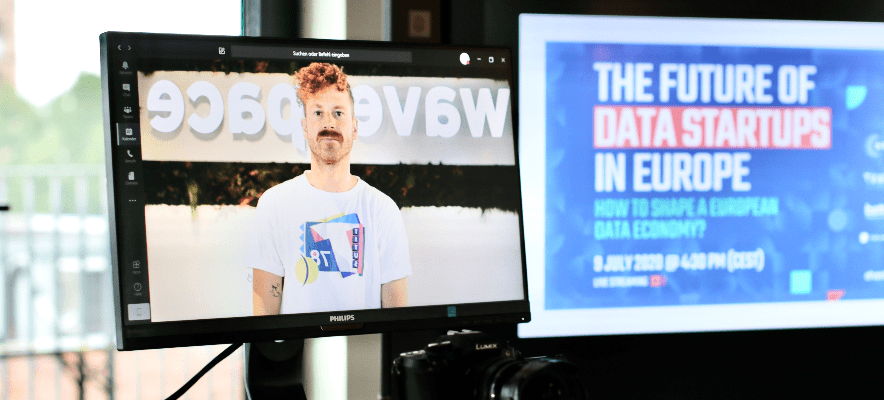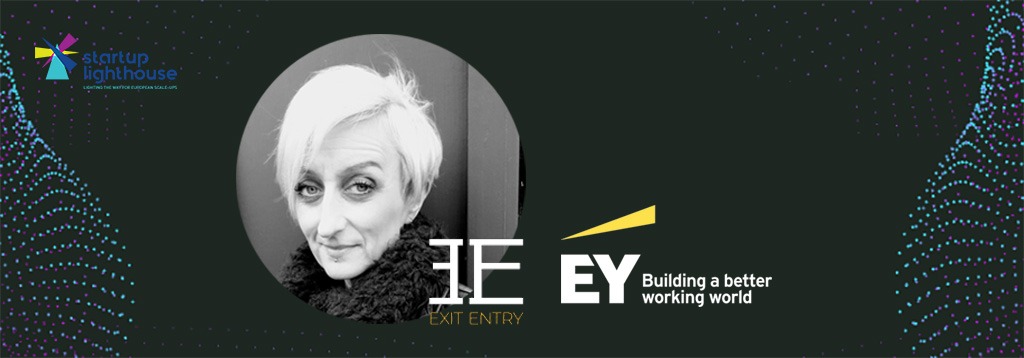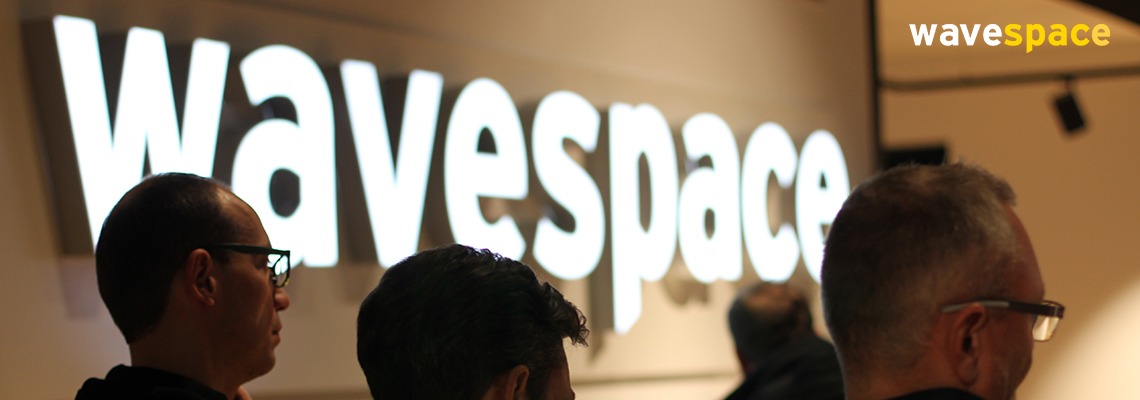What is co-working? And what is it good for?
26. July 2016
Last week, we introduced our new joint venture, “Friendsfactory by etventure”. The headline of the press release was: “Co-working is dead – Friendsfactory by etventure establishes the community workspace concept, thus acting as both an accelerator and an office landlord“ It caused something of an uproar – particularly the statement that “co-working is dead.” One of the things we were accused of was “bullshit PR” tactics. The founder and operator of Coworking0711, Harald Amelung, made it clear in his blog that he completely disagrees with the statement. And of course we do not wish his blog post to be left without a response.
First things first: Co-working is still dead. The problem is, there are as many different definitions of co-working as there are startups in Berlin. In addition to this, there is a debate over the correct spelling that is little short of ideological.
We do not wish to delve any deeper into that debate but one thing is apparent: there is no common understanding about precisely what is meant by co-working or about what a co-working space should offer. We will therefore start by giving our definition. We define co-working as people – who come from a wide range of professions and types of businesses and who do not have a fixed place of work – working together in large, open-plan rooms. We do not think this particular arrangement is the working model of the future. It is not the kind of space within which startups can develop their own company culture or grow their business models in a rapid, ambitious way. And it is not the kind of space that is suitable for facilitating networking between startups and corporate businesses. This is apparent even just from the fact that other providers are developing and offering new services. Therefore, although “co-working is dead” is indeed a polarizing statement, it is a justifiable one.
What else is the “bullshit PR” based on?
How do we arrive at all of the assumptions mentioned above? We simply talked to the customers. We asked the target groups (such as companies, startups and freelancers) about their needs and requirements in relation to a modern way of working. This also includes accelerators and innovation hubs. Expertise from companies such as Accelerate Stuttgart flowed into and informed this concept.
What did we find out? We often heard that co-working spaces are too loud, that they do not offer enough space for spontaneous meetings and that there are not enough soundproof locations to use for phone calls. For freelancers, a modern working atmosphere at an affordable price may well be all that is required. Yet the main thing that companies expect from a co-working space – in addition to the factors relating to infrastructure and convenience – is an attractive tenant mix comprised of innovative startups. In turn, the startups themselves want a guided community and support from experts. In and of itself, simply working alongside others does not provide them with any added value. This means that for them, the classic co-working concept misses the mark.
This is exactly where we come in. With the Friendsfactory by etventure service, we want to provide startups with more than just a fancy workspace with nice people at the desks on either side of them. We want to offer them mentoring and specific support with growing their startups. We can’t just assume that co-working spaces are the perfect place for startups because they will meet people there “who give them new ideas and can give them tips,” as Harald Amelung writes. In most cases, the community that develops is random and for an early-stage startup, a few well-meaning tips aren’t much use. What is really needed is more in-depth expertise and support.
At the same time, we want to promote collaboration between startups and established companies within a shared workspace. This is another requirement that traditional co-working services are not equipped to meet. In this way, we are combining what startups need with the understanding that corporate businesses clearly already have of what a “co-working space” is – even if this term, in its strict usage, actually means something different.
So our goal is to offer entrepreneurs and founders the perfect place of work while also creating the ideal corporate-startup interface with the “guided community” concept.
Finally, it should be said that we are not trying to pick a fight. The co-working scene will continue to develop. After all, it is not an end in itself – it is a service offered to customers and it must move with its customers in order to remain relevant.
We look forward to continuing this debate.
P.S. If you are interested in delving further into the linguistic debate about coworking vs. co-working, you may wish to read this article.





* Required field